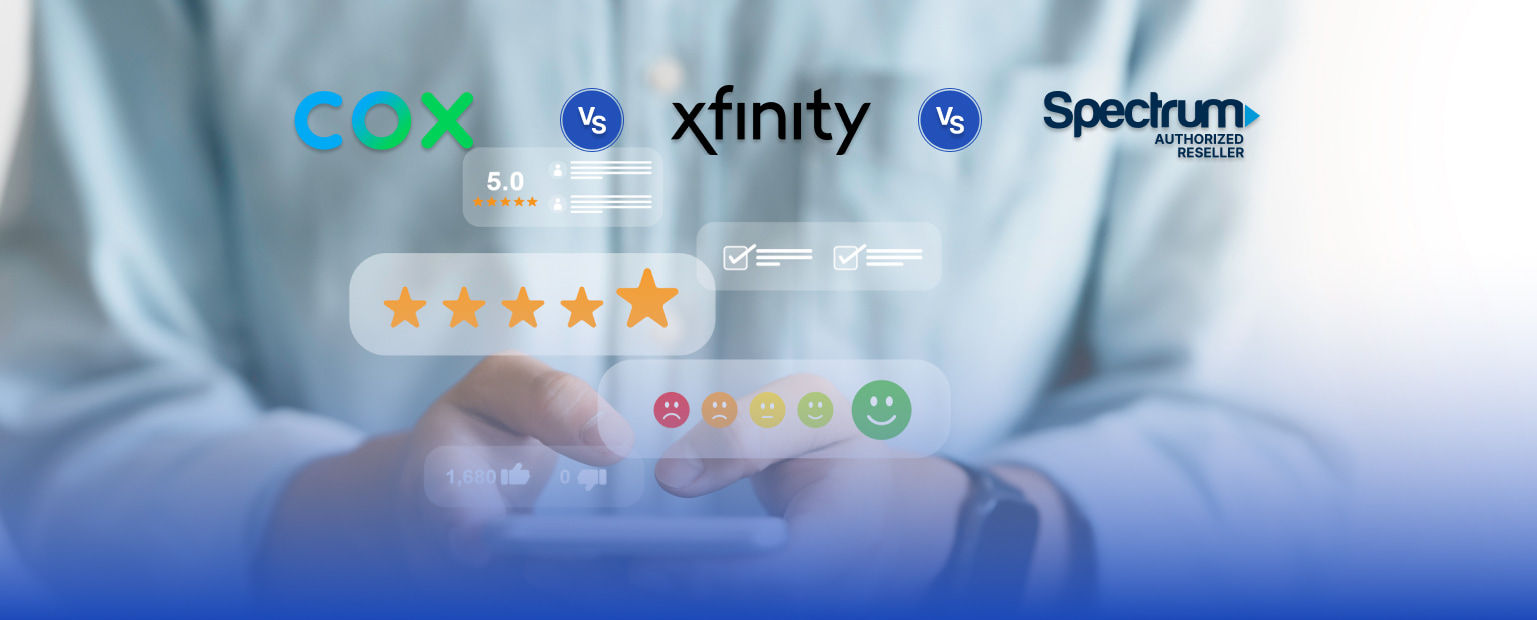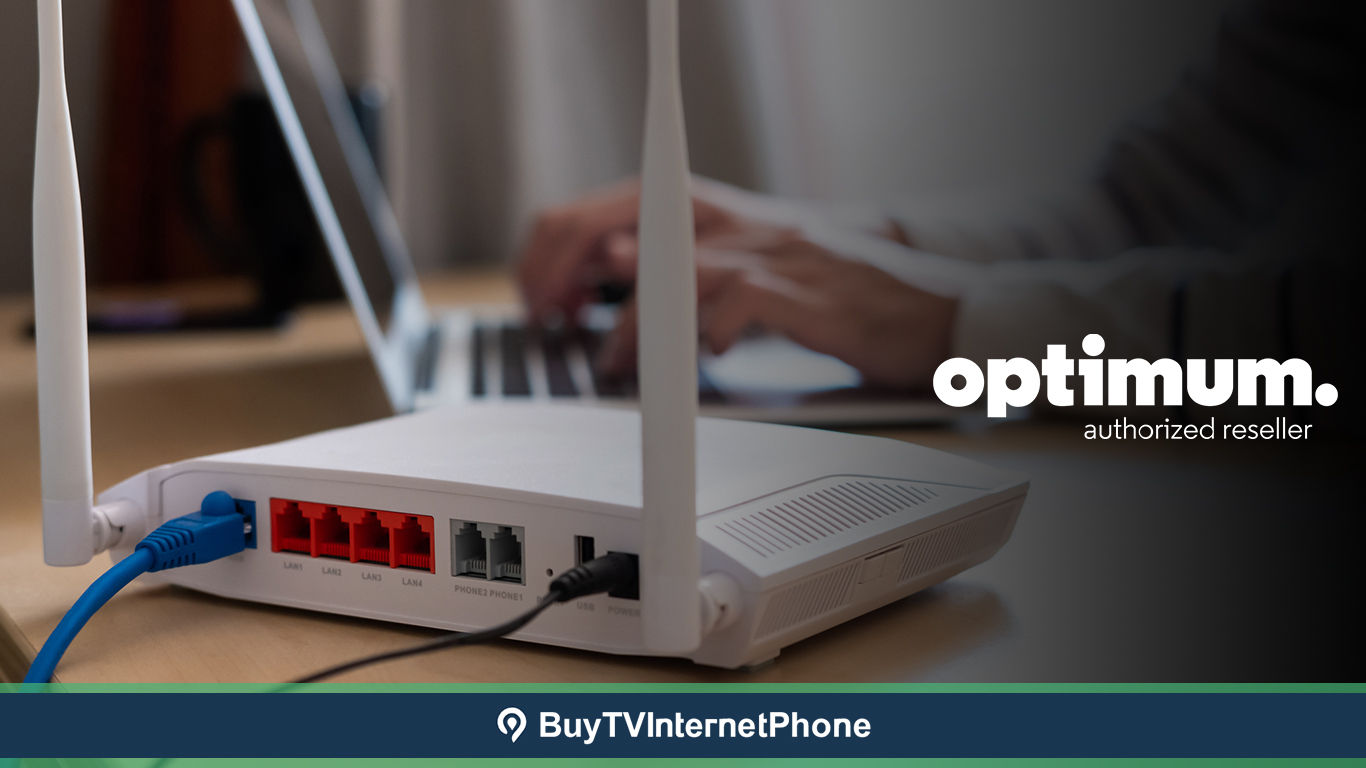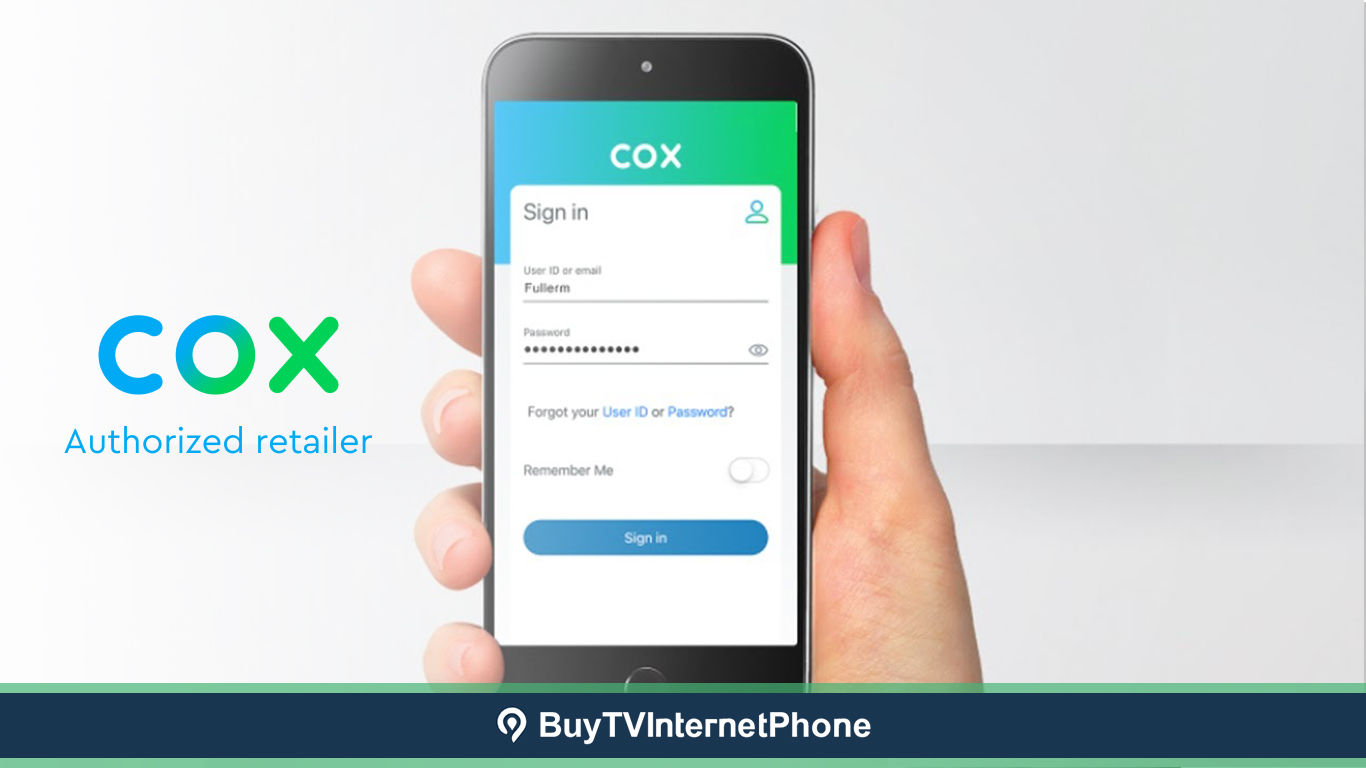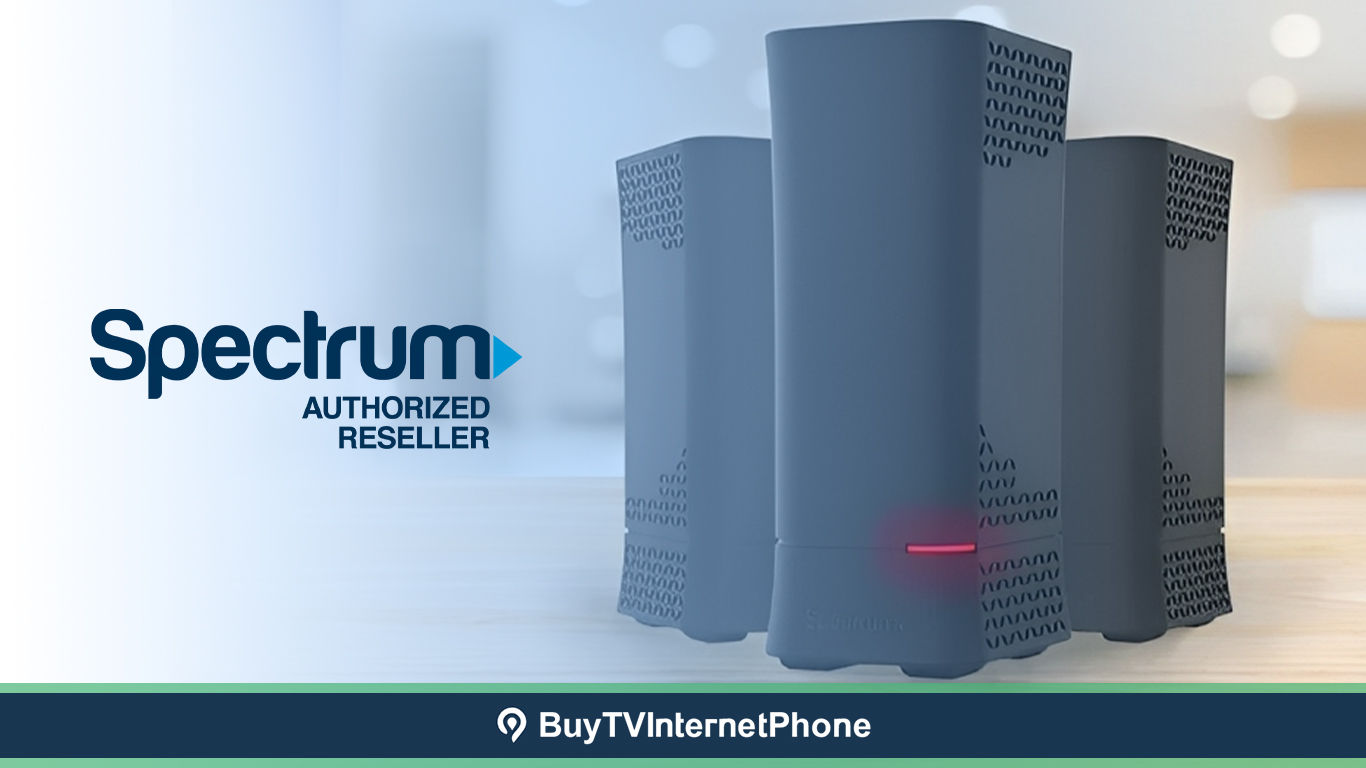Latest Posts
Cox vs. Xfinity vs. Spectrum: Which Cable ISP Should You Choose in 2026?
Cox vs. Xfinity vs. Spectrum - compare speeds, prices, reliability, and find out which ISP is best for your home in 2026. ...
Ways to Watch the 2025 MLS Playoffs
You can watch all 2025 MLS Playoffs with the MLS Season Pass, which is free for Apple TV subscribers. Select MLS matches are available on FOX TV channels. ...
Best Places to Visit in the US During the Holidays (While Staying Connected)
Uncover the best places to visit in the US during the holidays. Discover charming towns, unforgettable seasonal activities, and vibrant celebrations; all while staying connected back home! ...
Top Christmas Movies and Shows to Stream this Holiday Season
Get into the holiday spirit with our ultimate list of top Christmas movies and shows to stream. Create lasting memories with heartwarming stories and festive cheer. ...
Fun Ways to Stay Entertained on Thanksgiving Day at Home
Fun ways to stay entertained on Thanksgiving Day at home include watching the Annual Parade, binging Thanksgiving-themed movies, tuning in to TV specials, and watching football. ...
Verizon Christmas Deals 2025: Best Offers and How to Claim Them!
Explore the best Verizon deals for 2025 for Fios, phone, and 5G bundles. Get discounted prices, affordable internet, and the best packages for your home. ...











